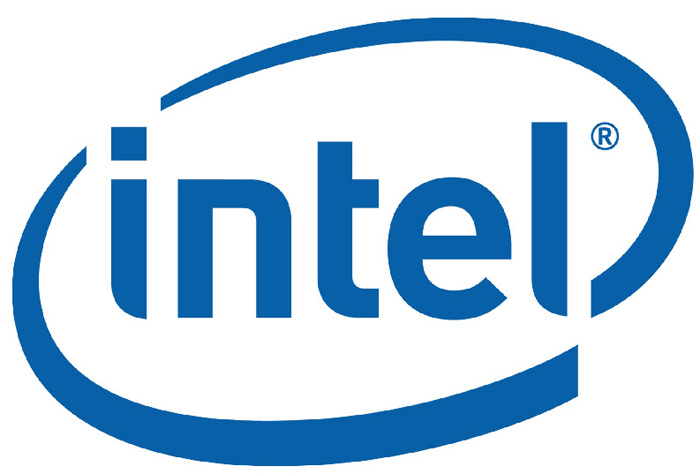Years ago every new CPU generation used to bring substantial performance gains that could be easily felt across the board. What’s even better is that these performance gains were achieved with nowadays primitive architectures and with very low transistor budgets. Then something happened – Intel started releasing chips that were a little faster than the older generation, if not slower, much to the dismay to fans and customers.
Of course this issue also holds true for AMD but it appears that Intel will be the first to repeat it with its next generation Broadwell chips, scheduled to appear in 2014. The problem is hidden in the very advanced 14 nm technology process that will be used for making them. It appears that 14 nm is just too thin for Intel that now faces problems with jumping onto the new technology. This is the reason why the first Broadwell processors, which also happen to be mobile, will come with a simplified internal architecture that may bring lower performance than initially expected.
The good news for hardware fans is that most likely this drawback will be missing in the desktop Broadwell processors that should arrive in Q1 or Q2 2015. These chips are expected to work in the current crop of Intel 9th generation-based motherboards so if you purchase one now you will likely have an upgrade path later on.
Source: Fudzilla
